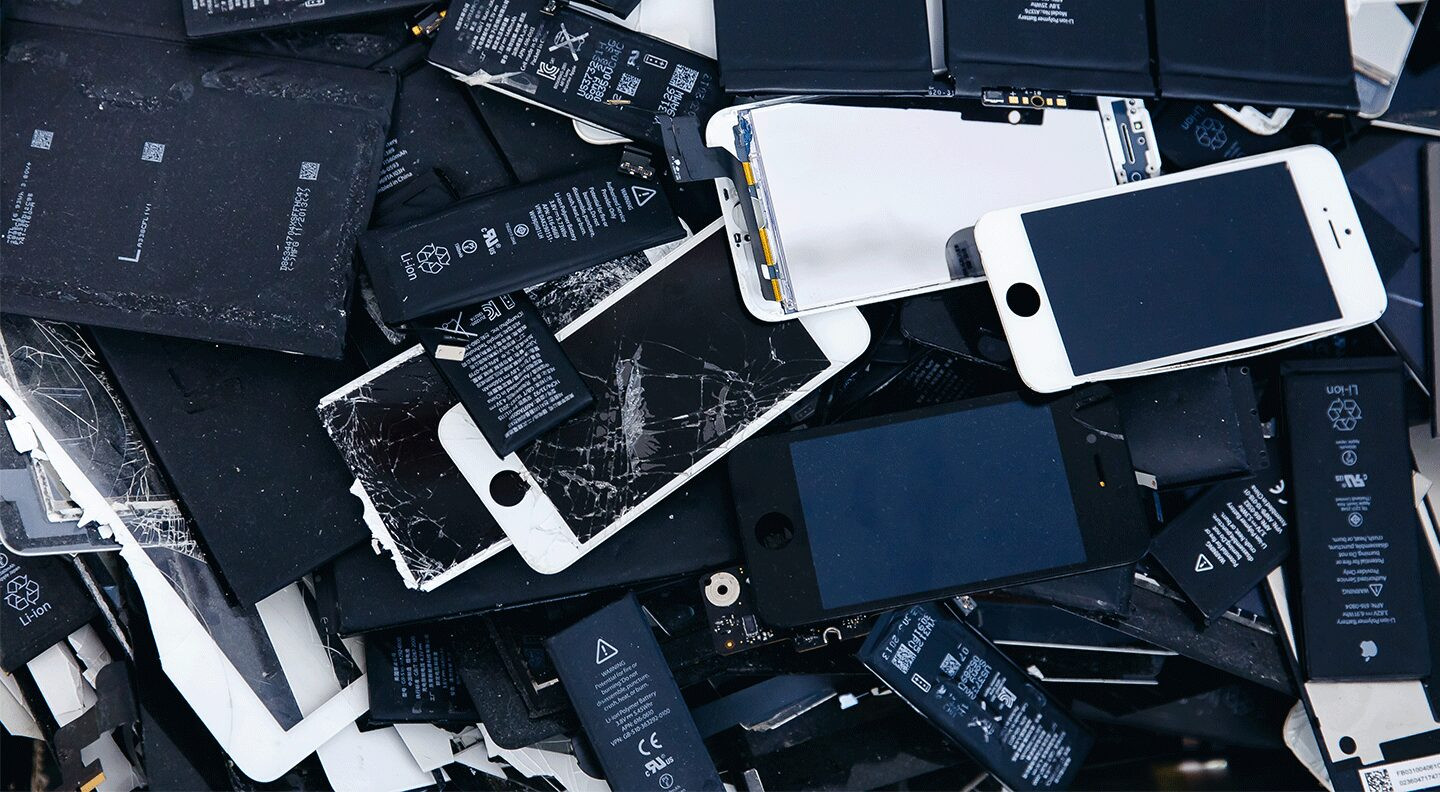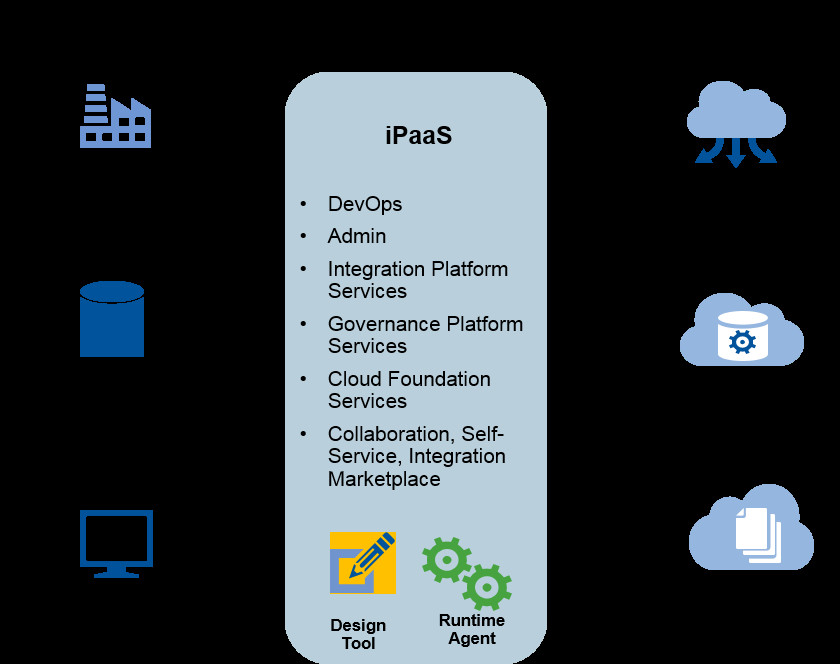The Rise of Self-Custody Wallets: A Potential Defense Against Crypto Hacks
The cryptocurrency world was sent into a frenzy in July when a staggering USD 230 million (INR roughly 1,900 crores) crypto hack targeted WazirX, a prominent exchange in India. This incident, representing a hefty 45 per cent of the exchange's crypto assets, left users demanding answers and their hard-earned money back.
Adding to the woes is India's ambiguous stance on cryptocurrency, characterized by a one per cent Tax Deducted at Source (TDS) on Virtual Digital Assets (VDA) transfers and a flat 30 per cent tax on income generated from such transactions.
Amidst this turbulent landscape, a growing chorus of industry players believes that self-custodial (non-custodial) wallets hold the key to greater transparency and security in the cryptocurrency realm.
Understanding the Mechanics of Self-Custody Wallets
At their core, crypto wallets function as digital containers for your public and private keys. The public key, visible to everyone, acts as your crypto address, allowing you to receive funds. Conversely, the private key, a secret code, grants you control over your assets, enabling you to send transactions.
The distinction between custodial and non-custodial wallets hinges on who controls these private keys. Custodial wallets, often provided by cryptocurrency exchanges, centralize control, giving the exchange complete authority over your funds. Conversely, non-custodial, or self-custody, wallets place the responsibility of managing and securing your private keys squarely in your hands.
This self-ownership eliminates the risks associated with third-party control, mitigating the potential for fraud, negligence, or regulatory mishaps.
The Case for Self-Custody: A Shift in User Behavior and Industry Trends
The WazirX hack highlights the vulnerability inherent in custodial wallets. In this specific case, the wallet had six signatories, including five from the WazirX team and one from Liminal, responsible for transaction verifications.
While the Financial Intelligence Unit doesn't explicitly restrict this practice, it hasn't been widely embraced by industry players. This reluctance underscores the growing need for alternatives.
The industry is witnessing a global trend towards self-custody wallets as users prioritize control and security. Examples abound, with NEAR Protocol reporting over a million Telegram users creating wallets using its self-custodial HERE wallet within a 10-day period. ChaiDEX, a decentralized P2P exchange, has also adopted non-custodial solutions with its ChaiWallet, eliminating third-party involvement in managing crypto funds.
Shivam Thakral, CEO of BuyUcoin, echoes this sentiment, emphasizing the increasing prominence of self-custody wallets as consumers become more aware of personal financial security. He attributes this trend to advancements like improved user interfaces and multi-party computation (MPC), making self-custody more accessible and robust.
Two Sides of the Coin: The Challenges of Self-Custody
While self-custody wallets offer a compelling solution, they aren't a magic bullet against crypto hacks. Vikram Subburaj, CEO of Giottus, cautions that self-custody comes with its own set of hurdles.
Users must embrace robust security measures, such as utilizing hardware wallets and storing backups securely. The technical know-how required to effectively manage these wallets poses another challenge.
Impact on Crypto Providers: A Shift in Dynamics
The rise of self-custody wallets has the potential to disrupt the traditional cryptocurrency ecosystem. Both Subburaj and Thakral anticipate challenges for crypto providers, particularly concerning user engagement and transaction volume.
Users with complete control over their assets may opt out of exchange services for trading, potentially affecting liquidity and trading fees for providers. Additionally, the complexity associated with self-custody wallets can create barriers to adoption, leading to increased support demands and a steeper learning curve for newcomers.
The Path Forward: Balancing Security, Accessibility, and User Experience
Developing secure and user-friendly self-custody wallets is an ongoing challenge. The cost of hardware wallets can be a deterrent, with good hardware options exceeding INR 10,000, while software wallets may not be suitable for smaller portfolios.
Balancing security and user experience is crucial for widespread adoption. Implementing multi-factor authentication, end-to-end encryption, and regular security audits are essential. Subburaj acknowledges that these challenges are exacerbated by varying levels of digital literacy and access to technology.
Conclusion: A New Era of Crypto Security and Control
The crypto industry is evolving rapidly, with self-custody wallets emerging as a significant force. While challenges remain, the potential benefits, including enhanced security, control, and user experience, are undeniable. As the technology continues to mature and become more accessible, self-custody wallets are poised to become a defining element of the future of cryptocurrency.
Ultimately, the decision of whether to embrace self-custody rests with individual users. The benefits are clear, but the responsibility for safeguarding your digital assets lies squarely with you. It's a trade-off that requires careful consideration and a commitment to robust security practices.
As the cryptocurrency landscape continues to shift, self-custody wallets are here to stay, offering a compelling solution for users seeking greater control, security, and transparency over their digital assets.

















